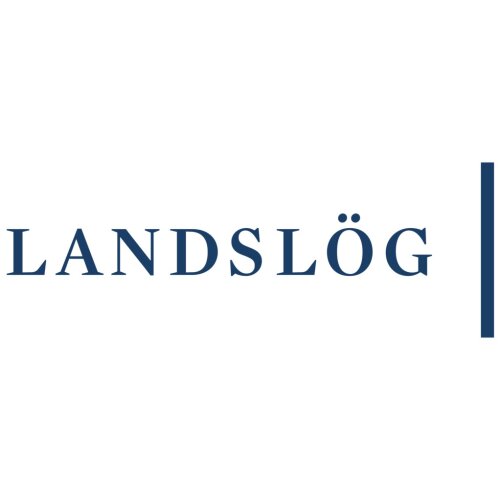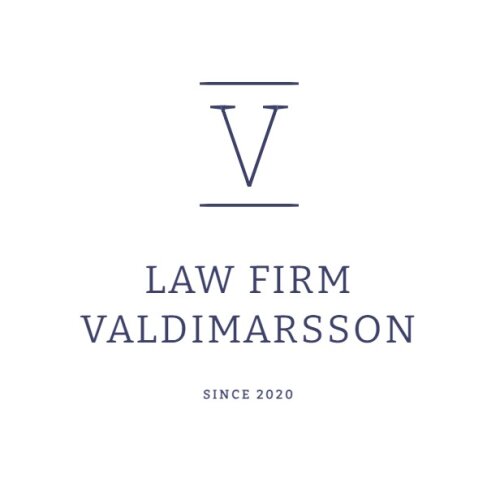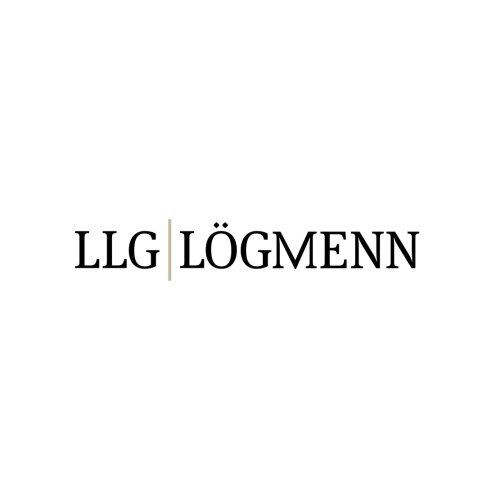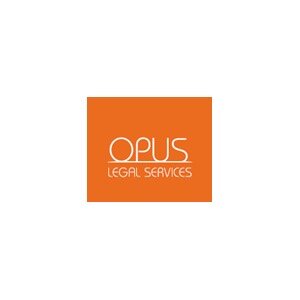Best International Trade Law Lawyers in Iceland
Share your needs with us, get contacted by law firms.
Free. Takes 2 min.
Or refine your search by selecting a city:
List of the best lawyers in Iceland
About International Trade Law in Iceland
International Trade Law in Iceland governs the rules and regulations for trade between Iceland and other countries. This field of law encompasses a wide range of issues, including import and export regulations, tariffs, trade agreements, and dispute resolution mechanisms. As a member of the European Free Trade Association (EFTA), Iceland participates in various trade agreements and must comply with international standards and obligations.
Why You May Need a Lawyer
There are numerous scenarios in which individuals or businesses may require legal assistance in the field of International Trade Law in Iceland:
- Navigating complex import/export regulations and licensing requirements.
- Understanding international trade agreements and how they affect your business.
- Resolving trade disputes with foreign entities or the Icelandic authorities.
- Complying with customs and tariff regulations to avoid penalties.
- Establishing joint ventures or partnerships with foreign companies.
- Protecting intellectual property rights in international markets.
- Advising on trade sanctions or embargoes that may impact operations.
- Ensuring compliance with international environmental or labor standards.
Local Laws Overview
The following are key legal aspects relevant to International Trade Law in Iceland:
- Customs Act: This regulates the importation and exportation of goods and includes provisions on customs duties, procedures, and enforcement.
- Icelandic Tariff System: Managed by the Directorate of Customs, it dictates the tariffs applicable to various goods and is influenced by international agreements.
- Trade Agreements: Iceland is part of several multilateral and bilateral trade arrangements, including the EFTA and agreements within the WTO framework.
- Import Licenses: Certain goods require licensing, especially those related to health, safety, and environmental protections.
- Dispute Resolution: Legal frameworks exist for resolving trade disputes, through both domestic courts and international arbitration bodies.
Frequently Asked Questions
What is the role of the Directorate of Customs in Iceland?
The Directorate of Customs manages and enforces customs regulations, collects duties and taxes, and ensures that all import and export activities comply with Icelandic law.
Are there specific regulations for exporting goods from Iceland?
Yes, exporters must comply with various legal requirements, including obtaining necessary permits and adhering to customs procedures and relevant trade agreements.
How does Iceland handle trade disputes?
Trade disputes can be resolved through domestic legal proceedings or international arbitration, depending on the nature of the agreement in place. Icelandic laws provide a framework for both.
What are some common customs duty rates in Iceland?
Customs duty rates vary based on the type of goods and their origin. Specific rates can be found in the Icelandic tariff database managed by the Directorate of Customs.
Do Icelandic companies need to comply with international labor standards?
Yes, companies engaging in international trade should comply with international labor standards as mandated by WTO agreements and other international partnerships.
Can Iceland impose trade sanctions on other countries?
Yes, Iceland has the authority to impose trade sanctions in accordance with international laws and obligations, often aligning with decisions made by the UN or EU.
What international trade agreements is Iceland a part of?
Iceland is a member of EFTA and the WTO, and participates in several bilateral and multilateral trade agreements with countries across the globe.
Do I need a special license to import goods into Iceland?
For certain goods, particularly those that affect public health or safety, an import license may be required. It's important to consult with the Directorate of Customs or a legal expert.
How can I ensure compliance with Icelandic import/export regulations?
Consulting with a legal expert in International Trade Law can help ensure compliance with all relevant regulations, thereby avoiding penalties or delays.
What should I do if I face a trade barrier with an Icelandic company?
If you encounter trade barriers, consider seeking legal advice to explore dispute resolution options that may involve negotiation, arbitration, or litigation.
Additional Resources
Here are some useful resources for those seeking guidance on International Trade Law in Iceland:
- Directorate of Customs: Provides information on customs duties, tariffs, and procedures.
- European Free Trade Association (EFTA): Offers insight into Iceland's trade agreements.
- Iceland Chamber of Commerce: Can provide assistance and resources for businesses engaged in international trade.
- WTO Iceland Page: Relevant for understanding global trade obligations and rights.
Next Steps
If you require legal assistance in International Trade Law, consider the following steps:
- Identify the specific legal issue related to international trade you are facing.
- Gather all relevant documents, contracts, and correspondences for review.
- Contact a lawyer or legal firm specializing in International Trade Law in Iceland.
- Consult the resources listed in this guide for additional support and information.
- Consider attending trade law seminars or workshops for ongoing education and networking opportunities.
Lawzana helps you find the best lawyers and law firms in Iceland through a curated and pre-screened list of qualified legal professionals. Our platform offers rankings and detailed profiles of attorneys and law firms, allowing you to compare based on practice areas, including International Trade Law, experience, and client feedback.
Each profile includes a description of the firm's areas of practice, client reviews, team members and partners, year of establishment, spoken languages, office locations, contact information, social media presence, and any published articles or resources. Most firms on our platform speak English and are experienced in both local and international legal matters.
Get a quote from top-rated law firms in Iceland — quickly, securely, and without unnecessary hassle.
Disclaimer:
The information provided on this page is for general informational purposes only and does not constitute legal advice. While we strive to ensure the accuracy and relevance of the content, legal information may change over time, and interpretations of the law can vary. You should always consult with a qualified legal professional for advice specific to your situation.
We disclaim all liability for actions taken or not taken based on the content of this page. If you believe any information is incorrect or outdated, please contact us, and we will review and update it where appropriate.
Browse international trade law law firms by city in Iceland
Refine your search by selecting a city.

















